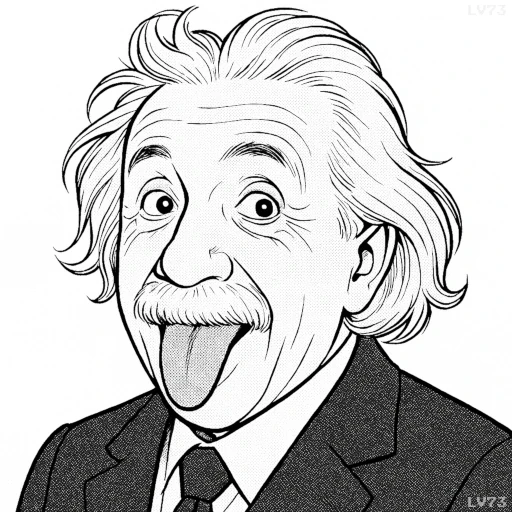“To the Master’s honor all must turn, each in its track, without a sound, forever tracing Newton’s ground.”

- March 14, 1879 – April 18, 1955
- German-born Jew
- Physicist
table of contents
Quote
“To the Master’s honor all must turn, each in its track, without a sound, forever tracing Newton’s ground.”
Explanation
In this poetic quote, Einstein pays homage to Isaac Newton and his monumental contributions to science. Referring to Newton as “the Master,” Einstein suggests that all scientific exploration and discovery are influenced by Newton’s foundational work. The image of “each in its track, without a sound” evokes the planets and other celestial bodies moving in silent, orderly paths—an illustration of the universal laws Newton discovered and explained. Einstein’s words acknowledge the enduring impact of Newton’s insights, suggesting that future scientists are forever “tracing Newton’s ground” by building on the principles he established.
Historically, Newton’s work on gravity, motion, and calculus laid the groundwork for classical physics, revolutionizing our understanding of the natural world. His theories became the basis for much of modern science, and his influence extended well into Einstein’s time and beyond. By honoring Newton, Einstein acknowledges that much of science progresses through the work of predecessors, each generation expanding upon the knowledge and discoveries of those who came before.
In today’s context, Einstein’s quote serves as a reminder of the value of foundational knowledge and the importance of respecting and understanding past discoveries. Science is an evolving journey, one that builds on the insights of previous masters. Einstein’s words invite us to appreciate the legacy of groundbreaking thinkers like Newton, whose work continues to shape the trajectory of scientific inquiry and inspire future discoveries.
Would you like to share your impressions or related stories about this quote in the comments section?
